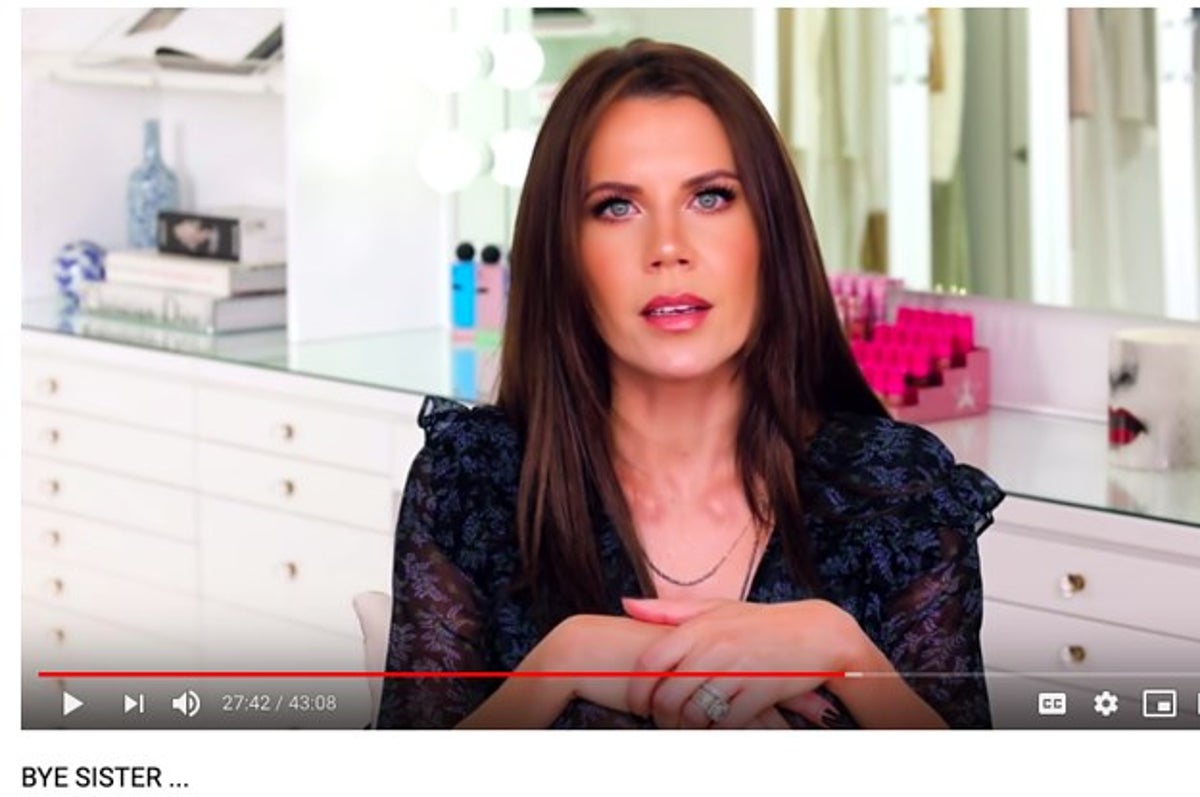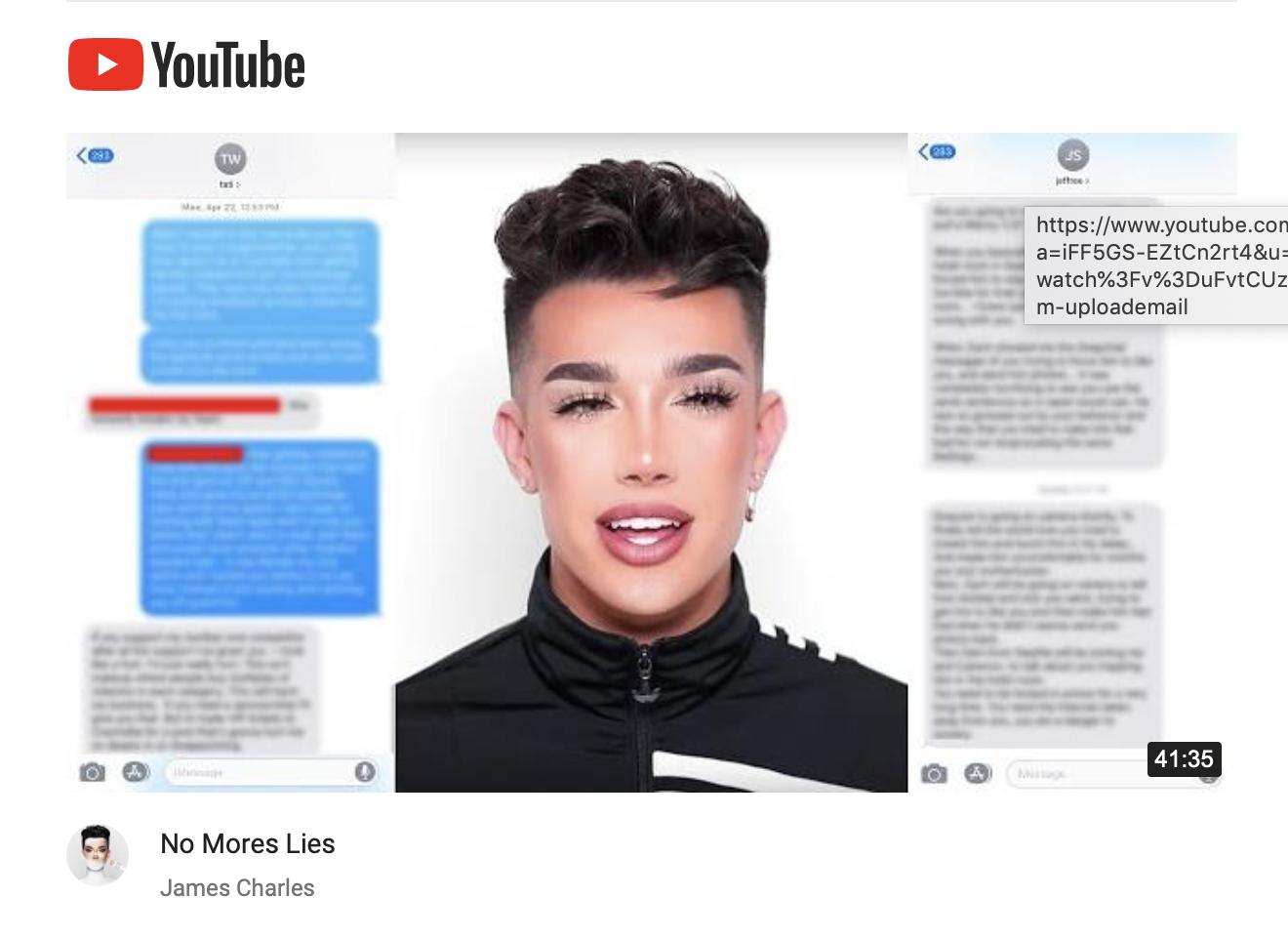When thinking about cancel culture the first thing that comes to mind is the media’s power, especially social media. In the present day, the media has a tremendous amount of power in our society. Once an issue or opinion hits the virtual realms on social media, it is no longer a private resolution. It is out there to be judged, critiqued and in some cases fought for. Right or wrong, with or without facts, results in your opinions becomes everyone’s business.
The history of cancel culture
Many sociologists believe narcissism is at the root of the cause of communication cancellation within the media. Aaron Balick, a psychotherapist, refers to the theory of ‘mask wearing’ on social media. This is a theory in which we create an online persona that hides out ‘real’ identity. The ‘mask’ is supposed to make us look more desirable and appealing to the masses. We create this online persona to be ‘liked’. The idea is that the ‘mask’ may slip sometimes and expose one’s true colours, which can start the ‘cancellation’ process of a persona.
In today’s social media world, no one is immune to be called out, shamed or mobbed for their current or past views, beliefs or behaviours. In recent years there have been multiple celebrities and influencers that have been ‘cancelled’ online. Some examples include JK Rowling, Armie Hammer and Kanye West. Cancel Culture is not black and white. There are different levels to it.
Why cancel culture was once good
Of course cancel culture can help combat people’s wrongdoing and address inequalities. We’ve seen at places like the Oscars. Many members of the film community and industry boycotted the ceremony in the 2016 after no people of colour were nominated in any of the acting categories. Thus prompting the #OscarsSoWhite hashtag which went viral on social media. Having a community that unites for a common cause can be truly empowering and inspiring. It also encourages people to think twice before posting offensive content online or behaving inappropriately.
@thenewsmovement What is #oscarssowhite and why is it trending? @olliewjsmith explains (📸: AP, Twitter) #learnontiktok #oscars #oscars2023 #academyawards ♬ original sound – The News Movement
Everything wrong with modern cancel culture
The problem with cancel culture however is it’s not just people calling someone out for their actions. It often turns into bullying more than anything else. With bullying you can often feel socially isolated and alone, likewise when if you have been cancelled. It’s been proven that loneliness can be associated with higher rates of anxiety and depression, which can then lead to suicide. Being cancelled it can feel as though everyone is giving up on you before you’ve had a chance to apologise.
James Charles and his cancellation
For example, we can look at the example of the cancellation of James Charles. In May 2019, fellow YouTuber Tati Westbrook uploaded a video titled ‘BYE SISTER’, wordplay on James’ catchphrase ‘Hey Sisters.’ In this video Tati made several accusations against James, stating that he made predatory comments and sexual advancements towards heterosexual men.

The video blew up instantly and garnered millions of views within the first 24 hours. James Charles trended all over social media with users turning against him. He lost several millions of subscribers and followers as a result of this expose. Like previously mentioned, James was not given the opportunity to response before people began to lob mountains of hate onto him. Just a few days later, James Charles responded with a video titled ‘No More Lies.’ In this he debunked every single claim Tati made against him. After James posted this video, social media did a complete switch on him and began to send hate and cancel Tati.

There lies the problem with cancel culture. It’s become less about holding a person accountable, and more of a source of entertainment. Online users have been using these downfalls of people as clout to get hit tweets. No one is holding anyone accountable anymore, and it’s just become a mechanism to bully and ridicule.